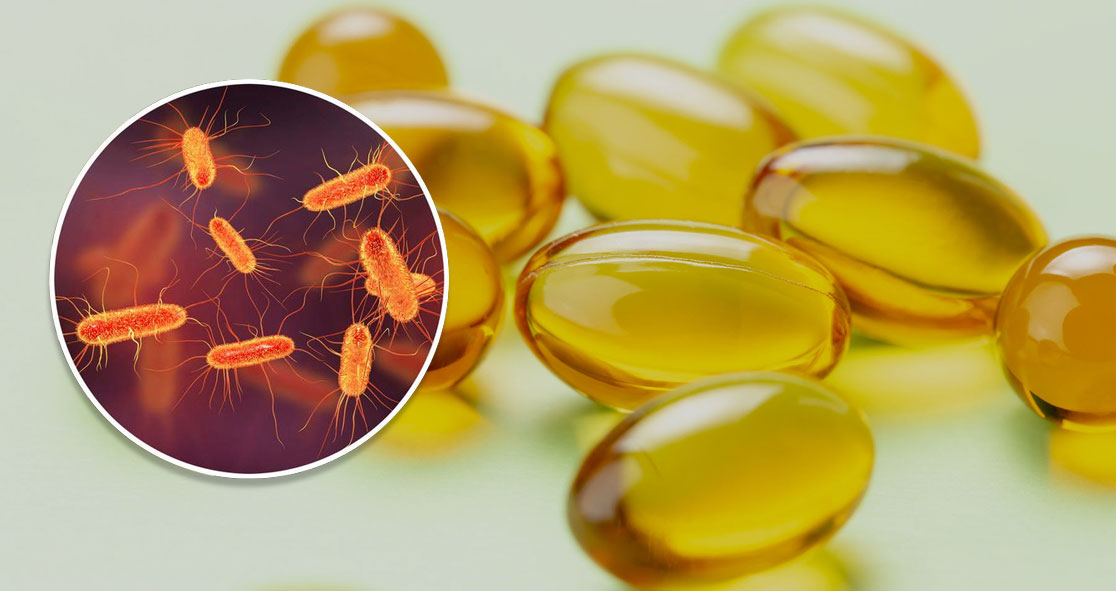Intestinal bacterial flora, or gut microbiomes, play a key role in boosting our health and preventing the risk for certain diseases.
Now, a new study by the University of California San Diego has recently demonstrated in older men that their gut bacterial flora is associated with their levels of active vitamin D, a micronutrient that is essential for bone health and immunity.
The study published last week in the journal Nature Communications has also revealed a new understanding of vitamin D and how it can be measured.
Senior study author Dr. Deborah Kado said, “We were surprised to find that microbiome diversity—the variety of bacteria types in a person’s gut—was closely associated with active vitamin D, but not the precursor form.”
“Greater gut microbiome diversity is thought to be associated with better health in general,” she added.
Dr. Kado teamed up with Prof. Rob Knight and co-first authors Dr. Robert Thomas, MD, and Serene Lingjing Jiang of Herbert Wertheim School of Public Health and Human Longevity Sciences.
Several studies have found that people with vitamin D deficiency are at greater risk of cancer, heart disease, severe COVID-19 illness, and other diseases. However, one trial, which was conducted on over 25,000 adults, has found that taking vitamin D supplements has no effect on the body.
Dr. Kado explained, “Our study suggests that might be because these studies measured only the precursor form of vitamin D, rather than active hormone.”
“Measures of vitamin D formation and breakdown may be better indicators of underlying health issues, and who might best respond to vitamin D supplementation,” she added.
Apart from identifying a potential link between gut bacteria and active vitamin D levels, the team noted that 12 particular types of bacteria appeared more often in the intestinal microbiomes of men with lots of active vitamin D.
Jiang said, “Gut microbiomes are really complex and vary a lot from person to person. When we do find associations, they aren’t usually as distinct as we found here.”
The study participants were from different regions of the U.S. so they are exposed to differing amounts of sunlight, one of the sources of vitamin D. Men residing in San Diego, California, who got exposed to more sun, had the most precursor form of vitamin D.
“It seems like it doesn’t matter how much vitamin D you get through sunlight or supplementation, nor how much your body can store,” Dr. Kado said. “It matters how well your body is able to metabolize that into active vitamin D, and maybe that’s what clinical trials need to measure in order to get a more accurate picture of the vitamin’s role in health.”
Dr. Thomas said, “We often find in medicine that more is not necessarily better. So in this case, maybe it’s not how much vitamin D you supplement with, but how you encourage your body to use it.” The article was originally published in Medical Xpress.























